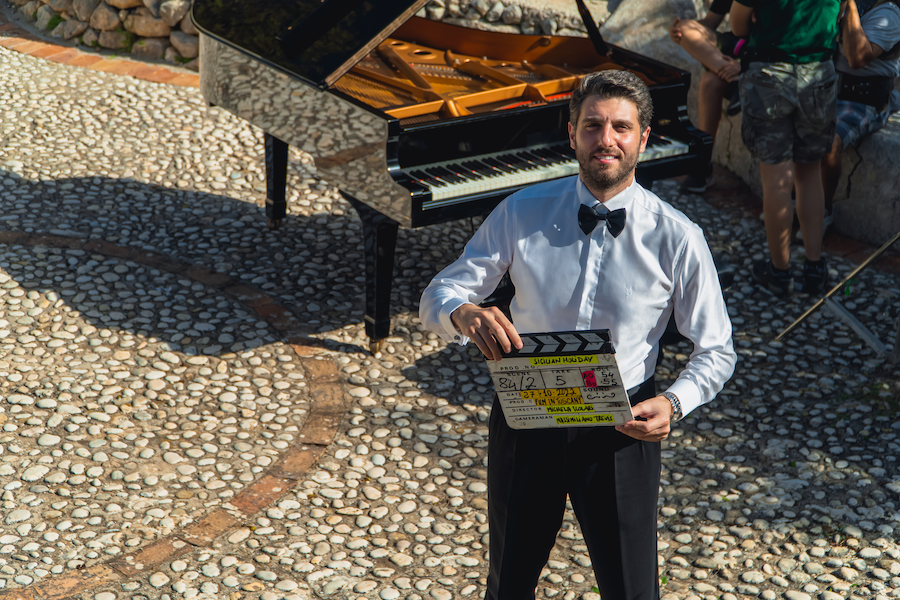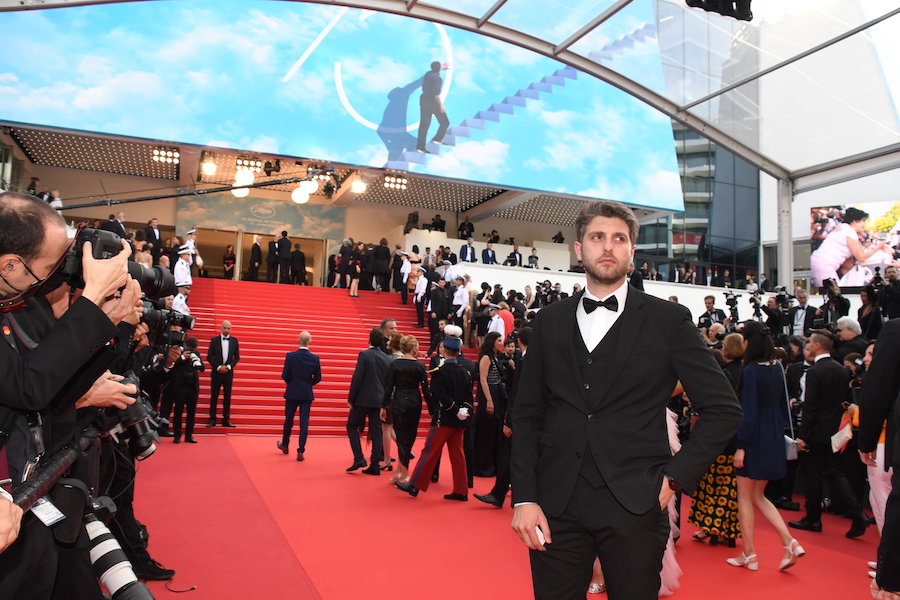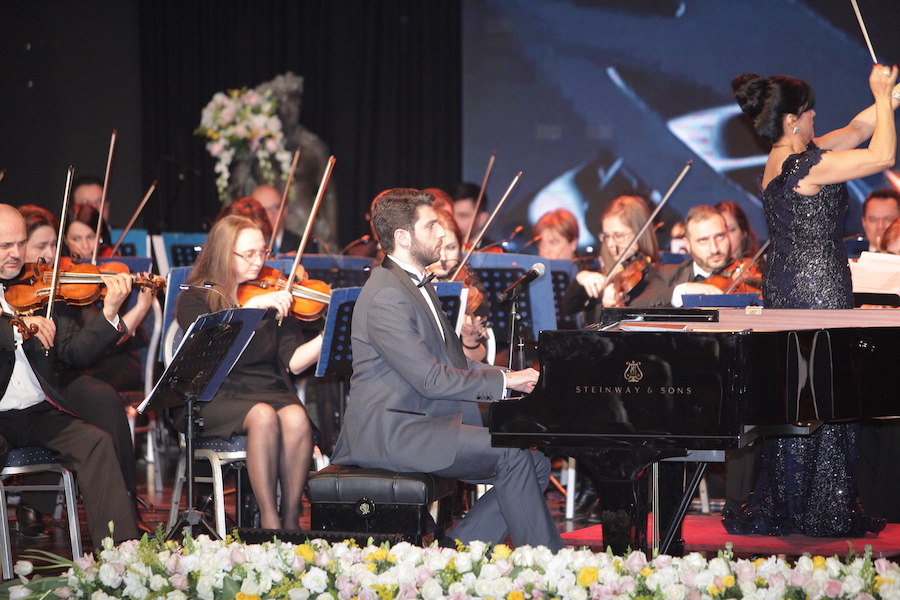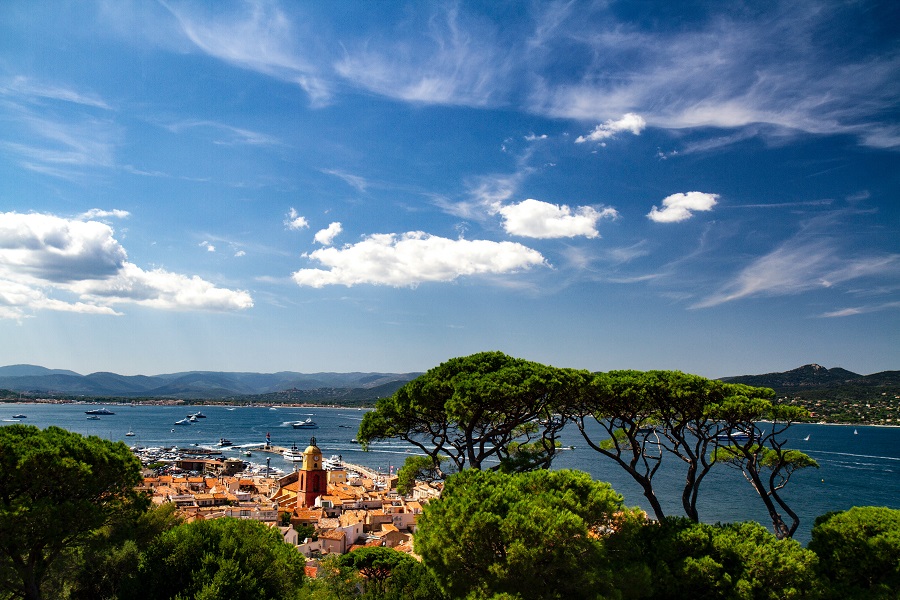Mixed Martial Arts (MMA) legend Georges Saint-Pierre speaks about his entry into the fighting world, the evolution of his sport and his interest in UFOs in a wide-ranging interview with Monaco Life.
The two-time UFC World Champion recently assumed the role of the President of the Jury at the recent Sportel awards in Monaco, which is where we catch up with the now-retired legendary fighter.
When one asks Saint-Pierre a question, you never know exactly where he will take you, and which tangent he will lead you on. That’s all part of the charm of the smiley Québecois, who delved into the sad circumstances that led him into the sport as well as the positive and negative evolution of MMA and UFC (Ultimate Fighting Championship). But, during our interview, in no context is he more loquacious than when talking about an interest outside of the cage: UFOs.
Monaco Life: Whilst MMA has rocketed in popularity in recent years, that wasn’t the case when you first entered the sport in 2002. What pushed you into the UFC Octagon?
Georges Saint-Pierre: I started doing martial arts because I was a victim of bullying at school. I started doing ‘self defence’ to defend myself and saw that I was very talented. I worked really hard and the ‘self defence’ transformed into a passion. Following on from that, I did competitions, I won titles and I developed a lot of love for it. And now, I earn my living from it.
From the outside, MMA is a sport based very much on respect for one’s opponent. Is that how it is from the inside as well?
Certain fighters use intimidation. It’s a very mental sport, lots of guys use psychology. They use Mohamed Ali’s quote: “Love me, hate me, but don’t ignore me.” Conor McGregor, for example: he wants to get himself noticed to make money. And that’s what attracts people too. If everyone was kind, we wouldn’t interest anyone! Me, I stay authentic to who I am. Martial arts have taught me values that I’ve transposed into my life – respect in particular. However, that’s not to say that fighters who show off, who are arrogant, are bad people. It’s just that, for him, that’s the best way of making himself known. I don’t need to do that, personally. I stay true to myself. And that works well for me.
You’ve already referenced McGregor: he has been the face of the sport for the past few years. During that time, would you say that the sport has changed?
There have certainly been changes [in the sport]. We’re in a universe where everything is online with social media. Everything is made fake. We don’t have human interaction in the way that we used to. Before, when I’d meet a woman, we’d go to a bar and have a drink. Now, it’s on online apps. People work like that.
The world has changed, it’s another generation. I’m old – I’m 41 – and I can only observe the change. Some people have difficulties adapting. The fighters adapt and want to show off, even if that means receiving insults online. They want to get people talking about them. I’m not like that. I advocate for respect, but I know other fighters who like to be arrogant with their components because they win on a psychological level. This puts them at an advantage. It allows them to put more weight on their shoulders to perform better. It’s a different strategy.
Has that ‘different strategy’ tinged your love for the sport at all? Do you still tune into every fight?
No, I don’t watch all the fighters, there are too many now. I watch those who I like the most. I watch the champions because they’re very high level. By watching them, I can continue to learn. There was one really interesting one last weekend (Islam Makhachev defeating Charles Oliveira) who won from a masterful performance. I like watching fights sometimes.
UFC has a strategy: crush the competition. They decided to do more galas to flatten down the little organisations who were looking to climb. It’s a strategy they’ve used that has worked really well because they have the monopoly. It’s a shame for us, the fighters, because when we renegotiate our contracts, there’s no competition. It’s UFC or nothing.
Despite the clear issues within the sport, do you still believe that there is a positive momentum around MMA?
Yes, it’s on a positive path. Sooner or later, there will be a union in the sport to allow the athletes to have better conditions. Currently, the athletes are underpaid. We only hear from the ‘headline acts’ like me, Conor… The reality is the successes are really slim. The majority of athletes don’t have money at the end of their career. They’re physically injured too. It’s a sad reality.
Since ending your illustrious career in 2019, you have devoted time to other projects such as starring in films and TV shows, but you’ve also had to field repeated questions about UFOs. Could you explain this?
I’ve seen a UFO. However, I’m not qualified to define such an object, I’m not an astrophysicist. There were five people in the car, known athletes including Ali Abdel Aziz. We were in New Mexico and we saw something in the sky while we were driving. We saw the thing move in a way I’d never seen, it lasted a few seconds. We said, “OMG, what was that?!” The most special thing is that when we describe what we saw, we describe it in different ways. People take us for liars. We witnessed the same event, but when we describe what happened, we don’t perceive it in the same way. That’s what’s special. I’ve read a lot of books and I know that when the European colonies arrived on boats, the Native Americans didn’t see the boats because they were outside of their frame of reference. You can’t describe something that is beyond what you know. I describe UFOs in this way because I’ve never seen anything else like it. It could be a natural phenomenon that I can’t explain.
It piques my curiosity. I’m a rational person. When I’m not capable of explaining something, it drives me mad. I find it exciting, especially since the Pentagon has declassified some research projects and made them public. I find that even more fascinating. NASA has declared only one team studies this kind of phenomenon. We are living in very exciting times. Even people in the army are no longer afraid of being ridiculed for talking about it.
Photo source: Sportel







